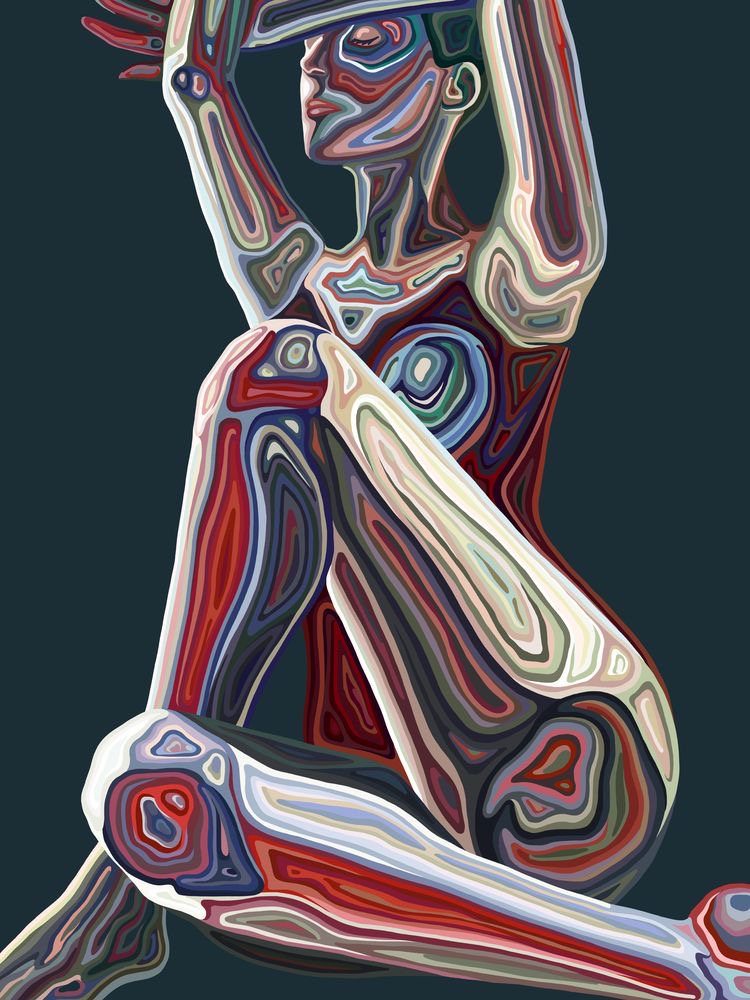
The practice of sport is a human right. Every individual must have the possibility of practicing sport, without discrimination of any kind, and in the Olympic spirit, which requires mutual understanding with a spirit of friendship, solidarity, and fair play.
– Point 4, Fundamental Principles of Olympism
In 1973, Billie Jean King beat veteran Bobby Riggs in the legendary Battle of the Sexes match. Her incentive to win was not only the lucrative prize or beating a veteran like Riggs, who was high on victory after a match with Margaret Court; but an attempt to further women’s sports and help decrease the discrimination faced by them.
Some years later, when Martina Navratilova, also a former contestant in another Battle of The Sexes exhibition match, a champion for LGBTQIA+ and Human Rights and one of the greatest athletes of all time posted some controversial tweets regarding the participation of transgender athletes in sports, there was a general hubbub with opponents, and also proponents.
Navratilova’s since-deleted tweets, which said, “You can’t just proclaim yourself a female and be able to compete against women,” and that trans participation is ‘insane and cheating’ were deemed transphobic (rightly so) by trans advocate and allies. She found her strongest objector in Dr. Rachel McKinnon, a transgender cycling champion who shut down Navratilova’s evidently ignorant opinions by calling her a transphobe, an action which led to her being blocked on the social networking website by the tennis champion.
All this censure leaves the transwomen who spent a larger part of their lives struggling with their inner selves to face another obstacle, an obstacle whose foundation for the first time is not their disadvantage, but an unfair advantage. The circumstances are still the same, but we cannot allow their acceptance to become a hindrance in their professional endeavors.
There’s no denying that trans women have and continue to face a lot of discrimination in various aspects of their life. But perhaps the content of living life the way they wanted and finding the acceptance dims all the reverberations of unwarranted disdain. Their dreams travel much further than self-acceptance and contentment. Dreams which involve a successful future, pursuit of their ambitions, and leading a normal life.
Critics demand another subdivision for trans people in elite sports to put an end to the debate. In one way, it is segregating them and their identities. But when we hear about the discriminatory access regulations like sex verification testing and those that require trans athletes to compete with athletes of the same assigned sex at birth, a subdivision seems like the only way out.
Regardless of how we move from this point, we must keep in mind that nobody can be denied the right to play sport, for the practice of sport is a human right. One should celebrate transgender participation and encourage it, not squash it under unproved and thus baseless information.
Written by Sneha Jangid for MTTN
Edited by Asma Abidin for MTTN
Featured Image by Allison Scalera
Artwork by Boryana Korcheva

Leave a Reply
You must be logged in to post a comment.